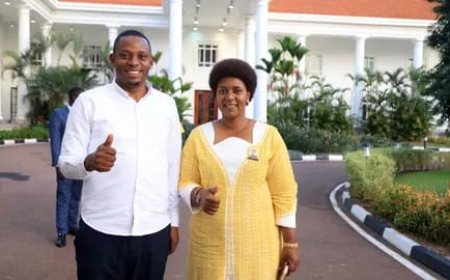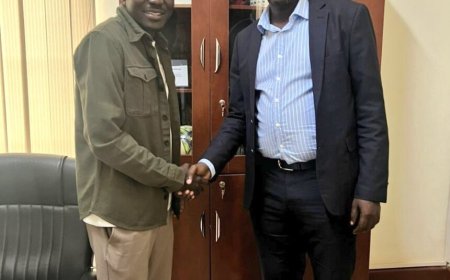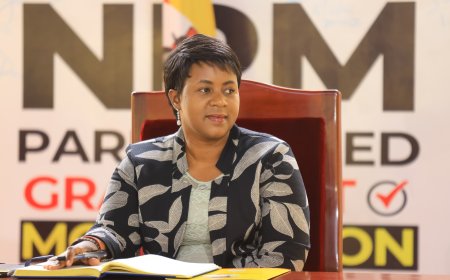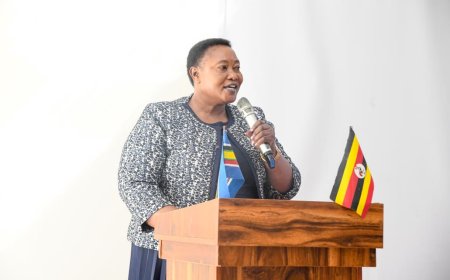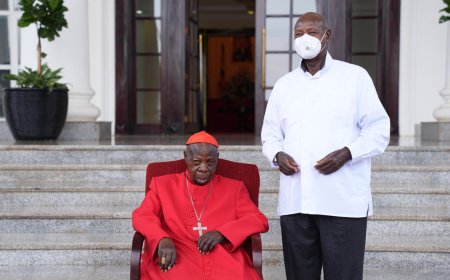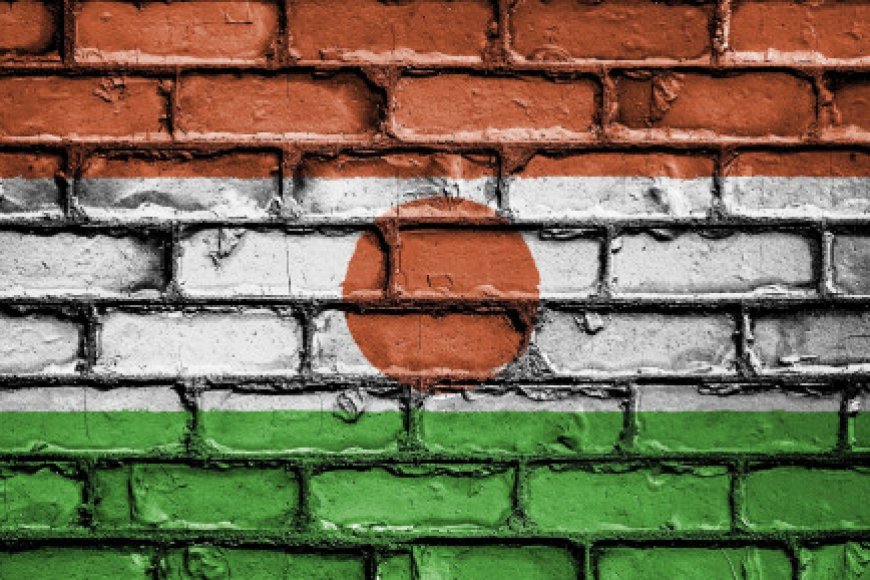US takes leading role on Sudan but faces limited leverage
Secretary of State Antony Blinken spearheaded efforts to broker a three-day ceasefire that took effect Tuesday and has largely held in the capital Khartoum, although scattered clashes persisted elsewhere in Africa's third largest country.
WASHINGTON, United States - The United States (US) has taken a lead in trying to end a burst of violence in Sudan, but it faces a tough road ahead with limited power to rein in warring generals.
Secretary of State Antony Blinken spearheaded efforts to broker a three-day ceasefire that took effect Tuesday and has largely held in the capital Khartoum, although scattered clashes persisted elsewhere in Africa's third largest country.
Previous truces quickly disintegrated over 10 days of round-the-clock fighting that have pitted paramilitary forces against the army, into which the powerful unit was supposed to be integrated.
State Department spokesman Vedant Patel said that US diplomats remained "deeply engaged" with all sides to try to extend the ceasefire and making it permanent, with hopes of a path to civilian rule.
Molly Phee, the top US diplomat for Africa, and John Godfrey, the US ambassador to Sudan who was evacuated on Saturday, have been involved in detailed negotiations with the two generals in coordination with Saudi Arabia and the United Arab Emirates, regional heavyweights that have major investments in Sudan.
HISTORIC US ROLE
The United States for decades has been the key diplomatic player in Sudan, negotiating a 2005 agreement that ended the civil war and brought independence to South Sudan and later taking the forefront in efforts to stop a scorched-earth campaign in Darfur.
But Washington, seeking to preserve bridges, had hesitated in the run-up to the violence to take direct action against the duelling generals. US diplomats are also now reduced to coordinating by telephone after President Joe Biden ordered an evacuation of the embassy out of safety concerns.
"Whether or not we have the leverage, we are looked upon as having the leverage" due to the history, said Cameron Hudson, an Africa expert at the Center for Strategic and International Studies.
The United States can still build diplomatic coalitions but its leverage in Sudan has "substantially declined," Hudson said.
Hudson said she was pessimistic that the ceasefire would hold and pointed to anecdotal reports that the paramilitary Rapid Support Forces have used the lull to bring in supplies from their Darfur stronghold.
Army chief Abdel Fattah al-Burhan and the RSF leader Mohamed Hamdan Daglo both still hope for military victory but had an interest in a pause in fighting, which also served to please international interlocutors, Hudson said.
"These guys have been fighting for 10 days, 24 hours a day, flat out. They're tired. They need a break. They need to regroup. They need to resupply," he said.
"So, I think that this ceasefire has the potential to backfire."
WANING PRESSURE
The United States had loosened pressure on Sudan since 2019 when a coup d'état ousted dictator Omar al-Bashir, a nemesis of the United States for much of his three decades in power which included welcoming Al-Qaeda founder Osama bin Laden in the 1990s.
In late 2020, then-president Donald Trump removed Sudan from a blacklist of state sponsors of terrorism after leaders tentatively agreed to recognize Israel and to compensate US victims of Al-Qaeda terrorism.
The Biden administration froze a $700 million aid package a year later after another military coup thwarted a transition to civilian rule.
But some lawmakers had pressed for further action. Senator Chris Coons, a Democrat close to Biden, ahead of the latest violence had called for targeted sanctions against coup leaders to disrupt their streams of revenue, seen as a key reason why they were clinging to power.
Susan Stigant, Africa director at the US Institute of Peace, said that greater instability in Sudan held major risks due to the country's strategic location between North and sub-Saharan Africa and on the Red Sea, a major artery for global trade.
She said it was crucial that any US strategy not involve just the two generals but the broad range of Sudanese society that has clamoured for change.
"We have to be very careful we don't create a false binary choice between the two generals," she said. "There has to be a third way."
